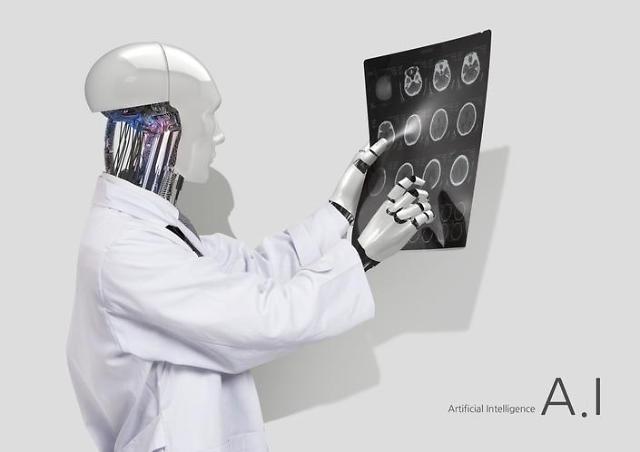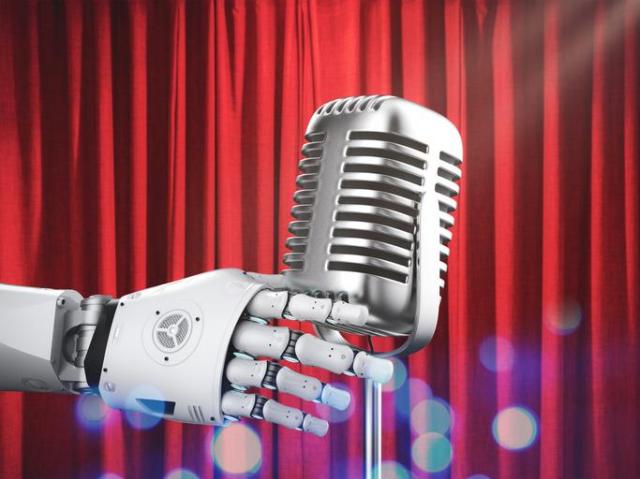
[Gettyimages Bank]
SEOUL -- South Korea's state research institute has developed an artificial intelligence-based robot doctor service that will analyze and diagnose a patient's condition based on medical records provided by different medical organizations and hospitals. The robot doctor is capable of creating personalized big data by integrating bits of medical information together.
An integrated electronic medical record (EMR) system, which is a digitalized information system to prepare, control and retain medical records, has to be set up before establishing an AI and big data-based robot doctor system. However, it is not easy for researchers to collect and develop a database using personal medical records in South Korea because EMRs contain sensitive information and the handling of such data is strictly regulated by the law.
Currently, a patient needs to submit various papers or agree to have his or her personal data being shared by multiple parties including hospitals and the national health insurance service to maintain the continuity of treatment at different hospitals or clinics. The range of data is very limited, making it hard for doctors to share vital information.
The Electronics and Telecommunications Research Institute (ETRI) said in a statement on October 27 that its research team developed "Dr. AI," a robot doctor that collects EMR from hospitals and cooperates with their medical AI systems to come up with diagnosis and predictions.
Dr. AI was designed to cooperate with hospital AI systems to gain access to patients' EMRs without the risk of sensitive personal information breaches, the institute said. When the robot doctor requests access to a patient's medical information, AI systems will select, sort and deliver requested data.
The institute worked with various hospitals including the Asan Medical Center, and Ulsan University Hospital to predict the health conditions of some 740,000 cardiovascular patients. DR. AI was able to come up with medical diagnoses that were up to 90 percent accurate. ETRI said that small-sized secondary hospitals can use the robot doctor to utilize medical data owned by large hospitals. A small clinic can come up with a prediction that a patient would suffer from serious cardiovascular symptoms in a few years.
The institute will encourage every hospital to adopt the robot doctor system so that AI can learn a vast amount of medical data through deep learning. The system could become an important tool to help South Koreans manage their healthy lives. The system will be upgraded in 2022 to diagnose and predict future conditions for patients with diabetes and other chronic illnesses.




